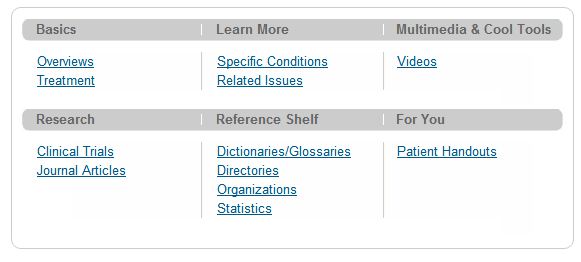Everybody likes to bad-mouth Detroit so I’m delighted to see the baseball team from my old hometown in the play-offs, especially since I live in Yankee country. With sports a popular topic around here, I was reminded to tell you about my one-stop shopping site for all sports.
It’s name says it all: Link-To-All Sports. It’s a directory linking you to hundreds of sports sites. It’s not beautiful, but it’s quite functional. Here’s what it includes:
- Scoreboards from league sites and ESPN
- Direct links to sports pages on AP, ESPN, CNN/SI, CBS Sports, CNN/SI, ESPN, FoxSports, SportingNews, Yahoo! Sports
- Newspaper sports sections from all across the US
- Sports on TV
- Sports on radio
- Fantasy sports
- Injury reports
- Guide to sports bars
And a whole lot more. They are all direct links — click and you’re there. Check it out and tell @ReadyReporter below if you know another one-stop site that has more links.







